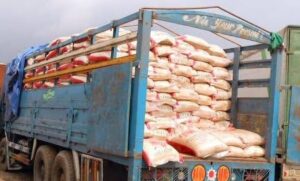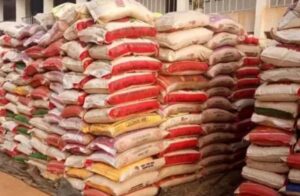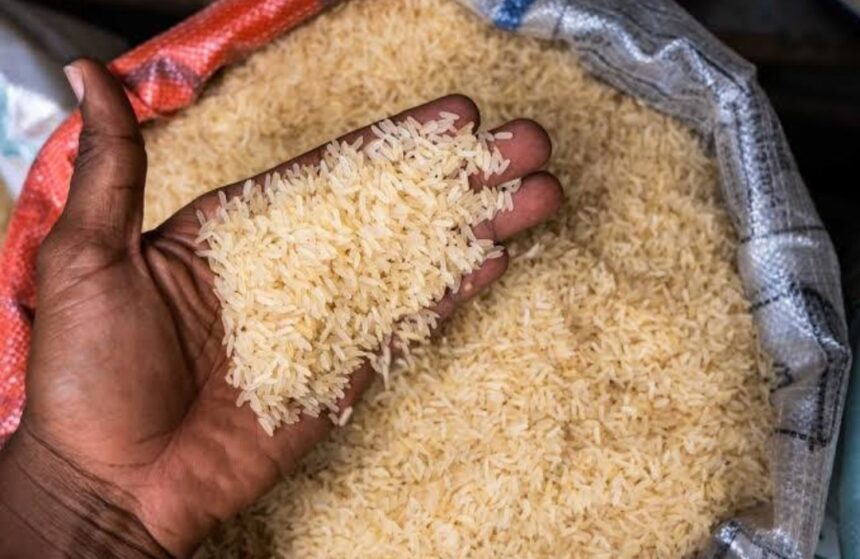The price of rice has risen again after a brief fall in December 2024 and January 2025 as dealers blame various factors
Findings show that a 50kg bag of imported Indian short grain which crashed from N90,000 in December to N70,000 and N72,000
Importers have blamed the volatility of the exchange rate and the uncertainty of import duties for the rise in rice costs. …CONTINUE READING


Feelers show that the price of the commodity, which sold for between N70,000 and N72,000 per 50kg bag, rose again and caused panic in many households after a brief respite.
Rice prices skyrocket again
Findings show that the price of a 50kg bag of imported Indian short grain, which crashed from N90,000 in December to N70,000 and N72,000, had risen to about N77,000 with traders expecting further increases.
Imported Thai grain, which sold for as much as N100,000 during the December period dropped to N88,000 and N89,000 in January.
However, the price has skyrocketed to N92,000 and N105,000, depending on the brand.
Locally produced rice has also risen in price as 50kg Bull rice went from N85,000 to N90,000, while Abakaliki rice sells for N85,000 and N90,000 in major cities across Nigeria. Several Nigerians attributed the crash in prices in January to the naira’s value, which surged from N1,600 per dollar to N1,475.
Surveys around popular markets in Lagos showed that importers attributed the brief fall in rice prices to the strengthening of the local currency and better land border conditions.
The Nation reports that rice production dipped in the 2024/2025 season to 5.23 million metric tons from 5.61 million metric tons experienced in the 2023/2024 season.
That is according to data from the United States Department of Agriculture (USDA), with one report estimating that the dip could be between 15 and 23%.
The data shows that figure is the lowest Nigeria has seen since 2020 when the COVID-19 pandemic halted farming. Farmers disclosed that rice earnings and profits are affected by the rising cost of inputs, with insecurity, climate change, and the import of cheaper foreign grains affecting agro-based companies from making a profit.
In 2024, the Nigerian government suspended the Anchor Borrowers Programme, which was touted as an initiative that boosted rice production in the country.
Importers blame exchange rates
The government alleged fraud was the reason for halting the initiative, saying farmers were not repaying their loans.
According to reports, millers blamed the shortfall in production and rising input costs as paddy rice prices soared by 10% to N70,000 and N80,000 per 80kg bag.
Chiwendu Chikwere, a rice wholesaler in Lagos said the current crash in exchange rates is affecting importers. He disclosed that sourcing forex for imports is as hard as paying Customs levy which fluctuates daily due to exchange rate volatility.
“Importers are in limbo regarding the exchange rate. Most times, you don’t know how you can get the exchange rate for imports. So, importers are left speculating and that leads to inflated prices. Also, import duties are not pegged. Import duties are tied to exchange rate volatility, making it difficult for importers to plan,” he said.



